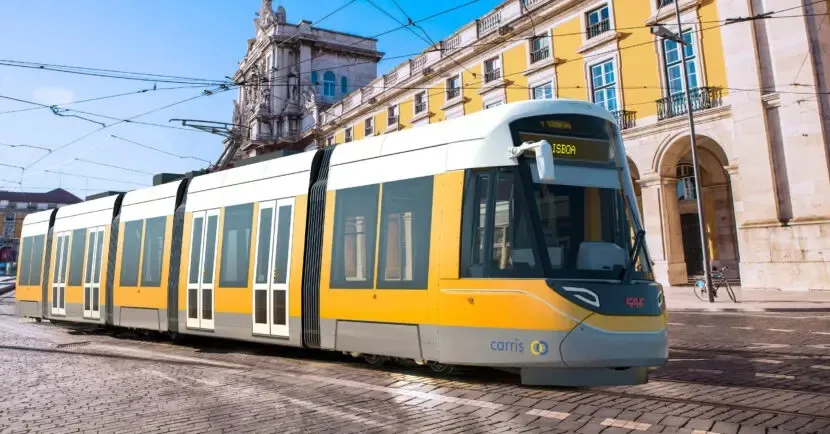Spain’s Isolux Corsán has been awarded a US$100 million contract for the construction of a section of line 3 of the Santiago Metro in Chile.
The project, part of the Metro Project, aims to improve the entire underground network in Santiago includes the construction of a 3.7 kilometre tunnel under the Chilean capital and includes the construction of three stations, five circular shafts and two rectangular shafts over a period of 28 months.
It is expected to start operating in 2018.
January 20, 2014
Read time: 1 min
RSSSpain’s 1954 Isolux Corsán has been awarded a US$100 million contract for the construction of a section of line 3 of the Santiago Metro in Chile.
The project, part of the Metro Project, aims to improve the entire underground network in Santiago includes the construction of a 3.7 kilometre tunnel under the Chilean capital and includes the construction of three stations, five circular shafts and two rectangular shafts over a period of 28 months.
It is expected to start operating in 2018.
The project, part of the Metro Project, aims to improve the entire underground network in Santiago includes the construction of a 3.7 kilometre tunnel under the Chilean capital and includes the construction of three stations, five circular shafts and two rectangular shafts over a period of 28 months.
It is expected to start operating in 2018.








